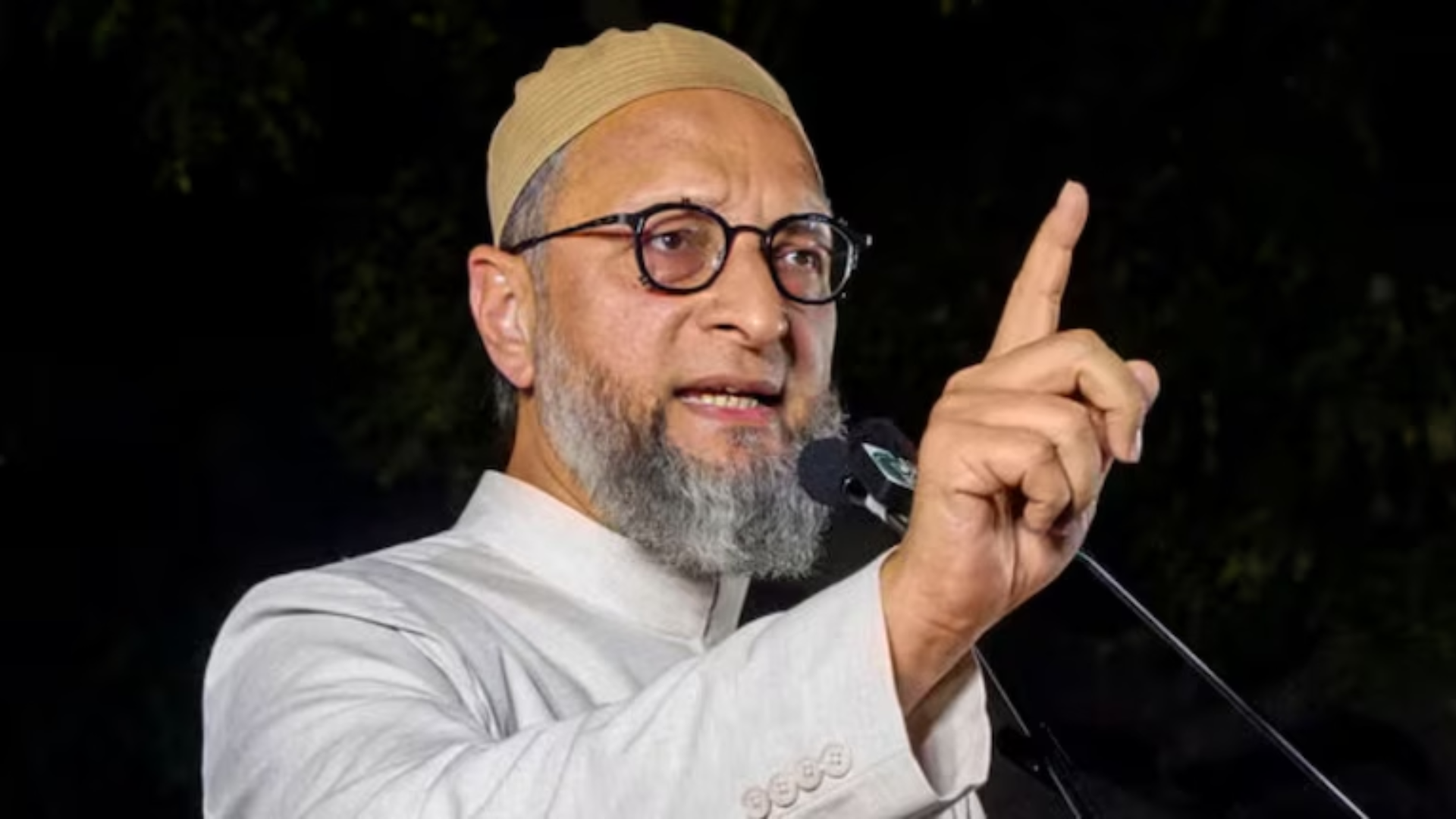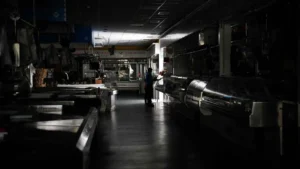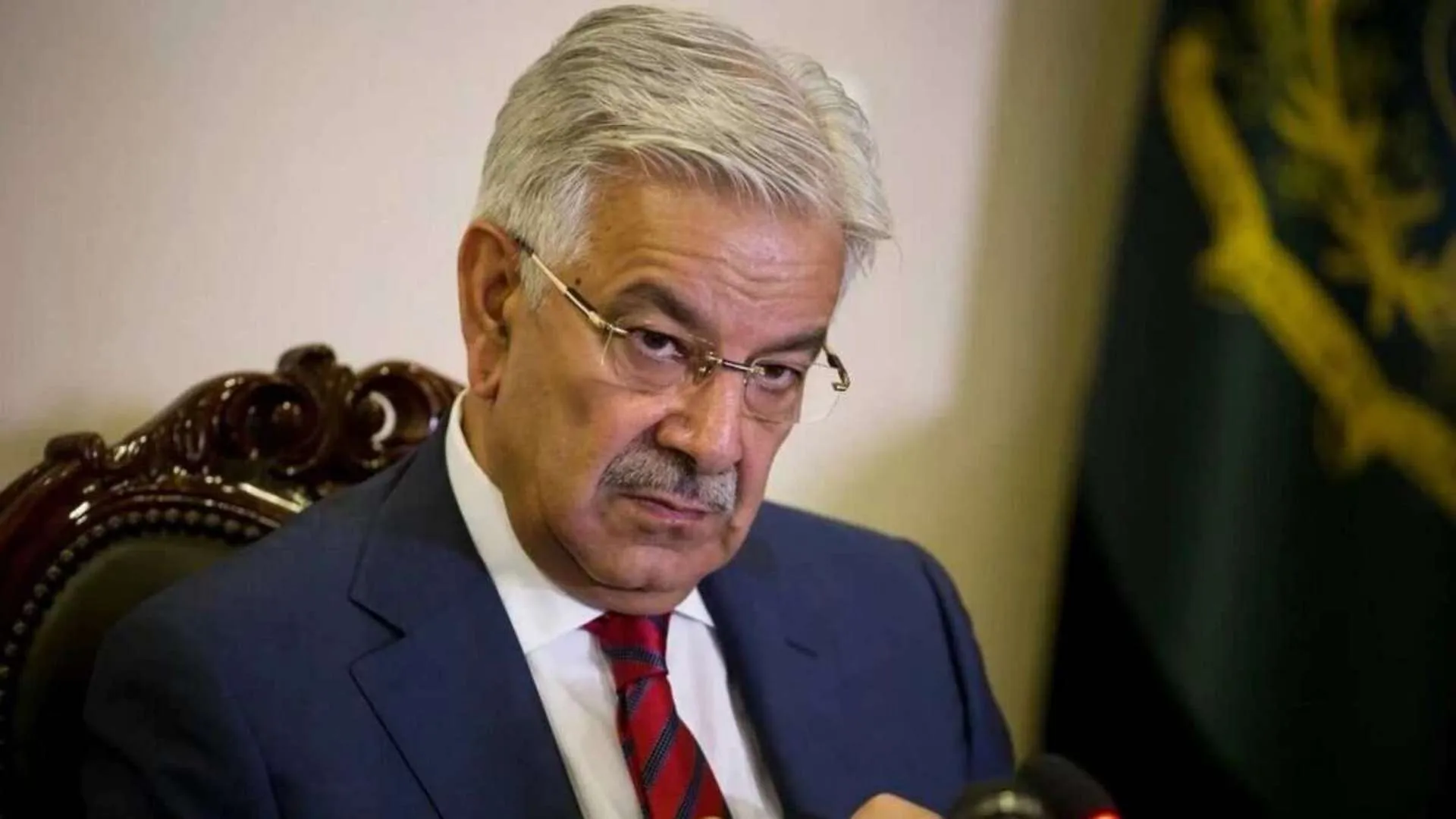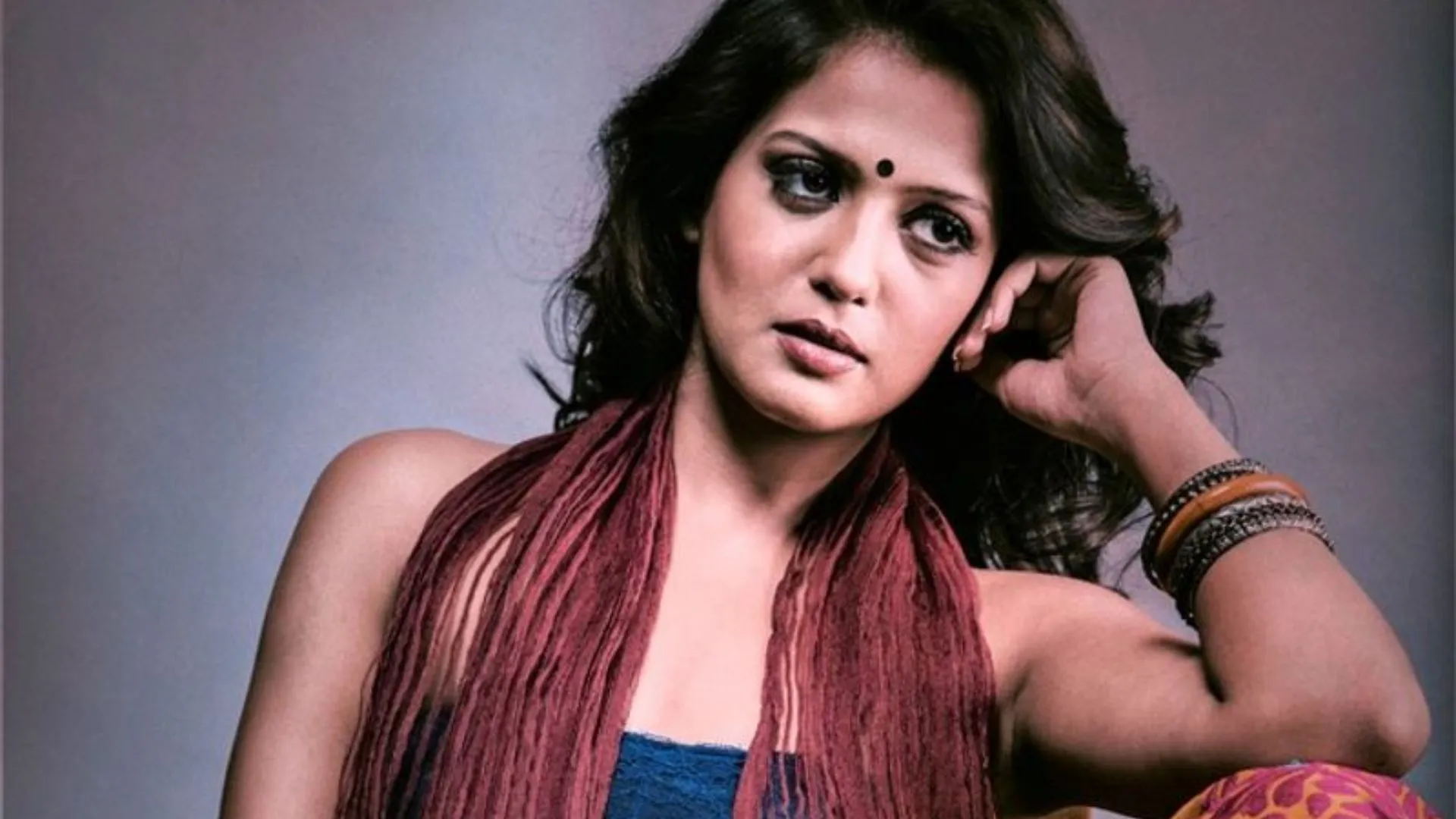AIMIM leader Asaduddin Owaisi reacted sharply on Monday to the reported remarks of a High Court judge who said, “The country will run as per the wishes of its majority.” Owaisi underlined that the Indian Constitution guarantees “judicial independence and impartiality,” which he believes are essential for a fair legal system.
Owaisi points Judicial Independence and the Constitution
Owaisi stated in his response that impartiality, independence, fairness, and reasonableness are fundamental values of the judiciary. He underlined that the Indian Constitution is not guided by majoritarian principles but by democratic values that protect the rights of minorities.
“The Constitution of India is not majoritarian but a democratic one. In a democracy, the minority’s rights are protected. As Ambedkar put it, ‘…as a King has no Divine Right to rule, so also a majority has no Divine Right to rule,'” Owaisi said, referencing Dr. B.R. Ambedkar’s view on democracy.
Criticism of the Judge’s Alleged Association
Owaisi also criticized the judge for reportedly attending an event hosted by the Vishwa Hindu Parishad (VHP), an organization linked to the Rashtriya Swayamsevak Sangh (RSS), which was banned several times in the past for promoting violence and hate. He called this association troubling, noting that RSS was once banned by Sardar Vallabhbhai Patel for its extremist ideology.
“It is unfortunate that a High Court judge attended the conference of such an organisation. This ‘speech’ can be easily rebutted, but it’s more important to remind his honour that the Constitution of India expects judicial independence and impartiality,” Owaisi posted on X.
Owaisi’s Concerns About the Collegium System
The AIMIM leader further suggested that the judge’s remarks raise concerns about the integrity of the judicial appointment system. “This speech indicts the collegium system and raises questions on judicial impartiality. How can a minority party expect justice before someone who participates in VHP’s programs?” Owaisi asked.
Owaisi’s Broader Critique of Government Actions
On December 7, Owaisi also launched a strong criticism against the central government, stating that it was responsible for the increase in petitions and tensions over claims that temples were hidden beneath mosques across India. He alleged that the ruling party was supporting organizations like the VHP, Bajrang Dal, and Shiv Sena, which, according to him, trigger communal disputes.
“No nation can become a ‘superpower’ if 14 per cent of its population faces constant pressures,” Owaisi stated. He argued that such conflicts over historical claims are being exacerbated and said that the government has an “invisible hand” behind every “Vahini,” “Parishad,” and “Sena.”
Owaisi called on the government to defend the Places of Worship Act and work to end these fabricated disputes. “The people of India are being pushed into fights over history where none existed,” he said, stressing that this is detrimental to the nation’s unity and progress.























